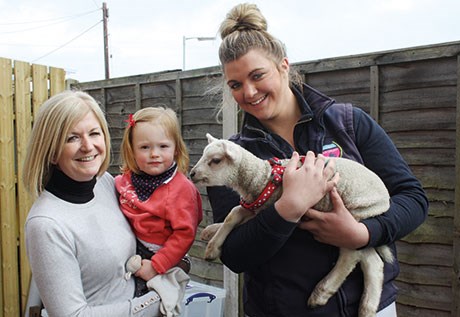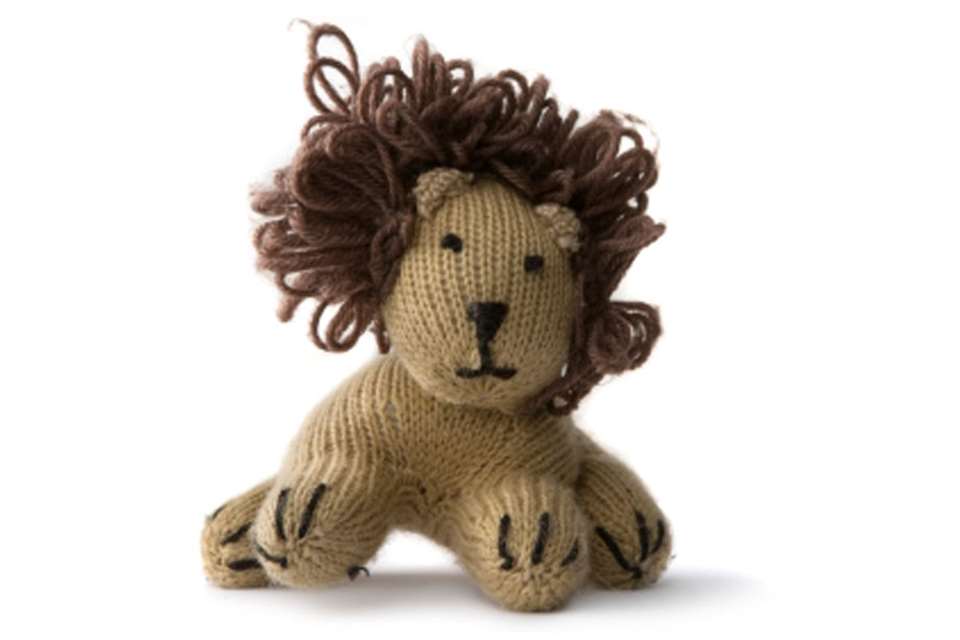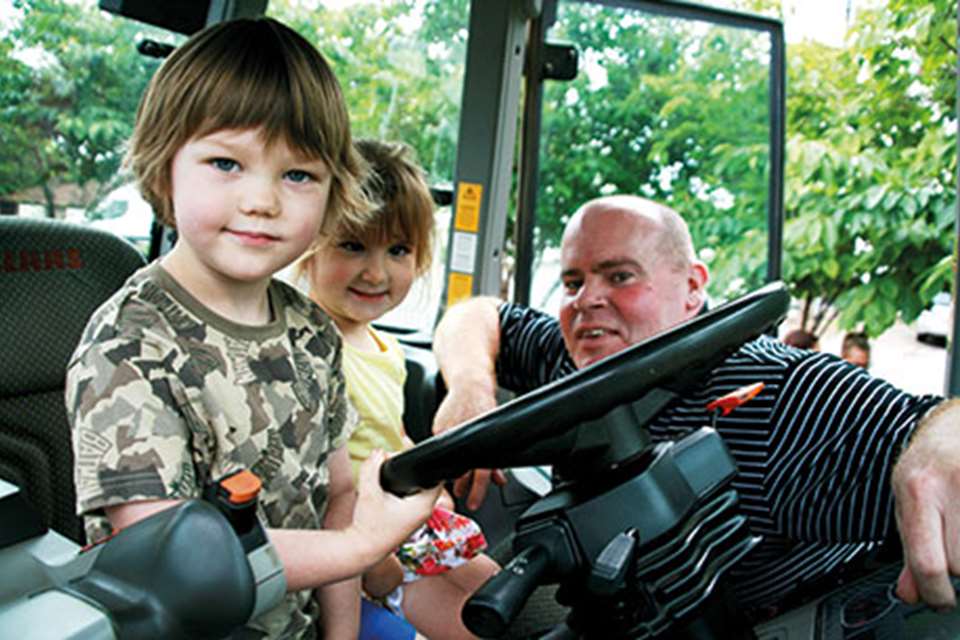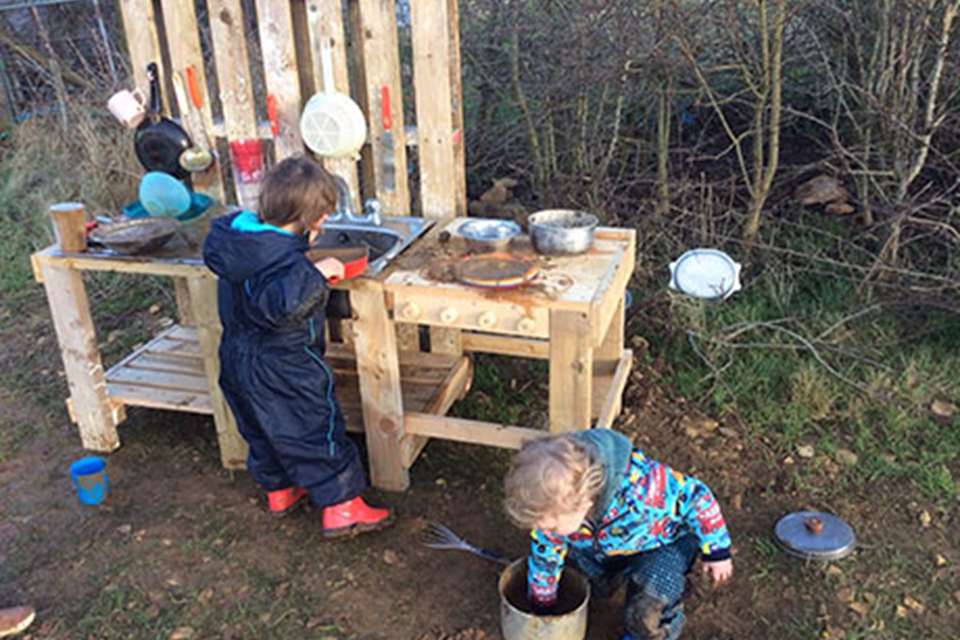Animals - Go live!
Jackie Hardie
Monday, October 15, 2018
Being with animals, either in a setting or on a farm, has a plethora of benefits for children, says nursery owner Jackie Hardie

Download the PDF of this article
Children regularly encounter animals in their games, books and toys, but interacting and connecting with real animals can provide richer learning experiences.
Teaching children at an early age how to care for and interact with animals can set them up for a lifetime of being interested in different creatures and enjoying being with them.
Some practitioners shy away from allowing children to be with real animals because of health, hygiene and safety reasons, but for me the positives far outweigh any negatives. As long as staff are fully aware of all procedures and have completed a full risk assessment, ensuring necessary precautions are taken to prevent accident, injury or the spread of infection, I can see no reason to turn down opportunities to introduce children to animals.
Vital too is that children are made aware how to behave.
BENEFITS
Studies reported by Pets in the Classroom, a programme introduced by Pet Care Trust, showed children can turn to pets for emotional well-being, with 40 per cent of children choosing the company of a pet when feeling down. In addition, children were found to seek out their pets when feeling tired, upset, scared or lonely.
Being around animals is also a rich sensory experience, opening up opportunities for experiencing animal smells, the noises that they make and the texture of their fur – as well as language development.
Being with or caring for an animal can:
- teach children how to treat animals with respect
- help them understand an animal’s needs – for food, water, shelter, habitat and living space
- allow relationships between children and animals to develop
- promote children’s social and emotional development and capacity to feel empathy
- open up a world of wonder and foster children’s curiosity
- make them aware of similarities and differences between animals
- give them a sense of responsibility and with that greater confidence and a sense of pride and accomplishment.
When children know that what they do for an animal matters, this makes them want to repeat the experience. It is wonderful to see the shyest children grow in confidence as they develop a relationship with animals; the more they feed, walk or bond with the pet, the more confident they feel.
FARM SCHOOL

A huge interest in being outdoors and a fascination for animals at our nursery prompted us to work with a local farm to develop a Farm School – given the growing popularity of Forest Schools and beach schools, we felt this was a natural progression. Luckily for us, nearby Sperrings Farm and Equestrian is run by a NNEB-qualified former nursery owner and her daughter, who is a qualified riding instructor.
They embraced the idea of developing regular hands-on learning experiences for children on a real farm environment. Farm School allows the children to experience animals in their home setting and be involved in lots of the daily tasks of a working farm from grooming ponies and feeding lambs to collecting eggs and watching the cows being milked.
URBAN ALTERNATIVES
While a Farm School may not be an option for most early years settings, there are still many simple ways to introduce children to animals:
- Go outside often, look and listen for evidence of animals and give the children time to watch and discuss the wildlife you come across. Look for birds, squirrels and insects in your nursery garden or local park.
- Provide opportunities for children to see animals indoors – for example, create a wormery or set up a butterfly garden.
- Whenever children in your setting come into contact with animals, discuss the animals’ needs, how to care for them and how to treat them with respect. Explain also how to behave around them and the need to follow rules.
- Set up a bird-feeding area outside your nursery window or somewhere the children will be able to view the birds easily. (Note: many seed mixes contain nuts, a common allergen, so check before.)
- If you have a nursery pet, encourage the children to help care for it.
- Encourage children to think about what it would be like to be a particular animal – its needs and how to meet them.
- Whether you have a nursery pet or not, invite animal owners to visit with their pets.
MORE INFORMATION
Jackie Hardie is owner of The Nursery in Portishead, Somerset








